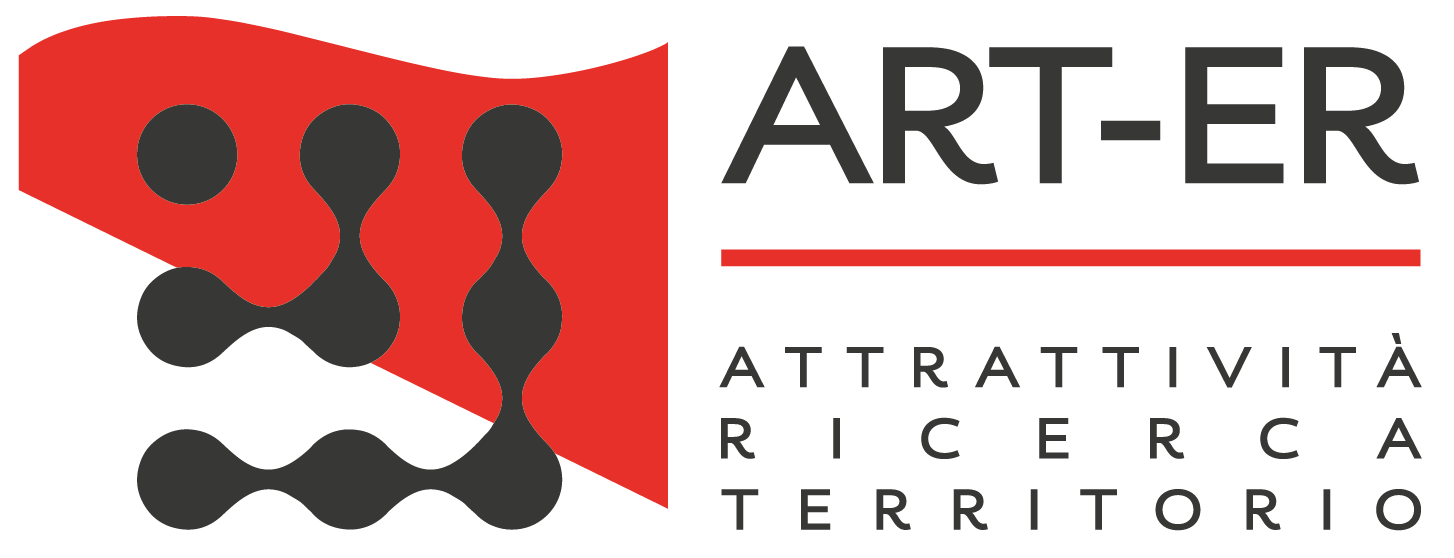Unimore coordinates the first inter-university survey in Italy aimed at detecting the spread of sexual harassment in the academic context
If you are from UNIMORE fill in the online questionnaire!
As part of the PRIN 2020 inter-university research project on "Gender violence and sexual harassment in Italian universities", which sees Unimore as leader, with the participation of the State University of Milan, the University of Turin and the La Sapienza University of Rome, an online questionnaire will be distributed to the entire Unimore community (male and female students, teachers and technical-administrative staff) and to those of the other universities involved, aimed at detecting the spread of sexual harassment in the academic context. The “PUSH-in Academia” study, coordinated by Prof. Laura De Fazio of Unimore (Principal Investigator) with the contribution of Prof. Tindara Addabbo and Silvia Ferrari, aims to investigate the phenomenon with different lines of research, in order to prevent and combat it.
The survey, approved by the Bioethics Committee of the University of Turin, includes both general questions (socio-demographic information) and questions related to personal experience, aimed at analyzing various aspects regarding possible situations of harassment that have occurred in the university context. The overall duration of the compilation is approximately 20 minutes.
The questionnaire, on a voluntary basis, can be completed from a computer, smartphone or tablet by connecting to the link: https://pushacademia.qualtrics.com/jfe/form/SV_br8mUXYNUVfoPZQ. The data collected by the survey, which is anonymous, will be used and analyzed only in aggregate form: it will therefore not be possible to trace the identity of any person who participated in the study.
In order to identify the most effective strategies to stem the phenomenon, the Modena and Reggio Emilia research team also carried out a review of the literature dedicated to prevention measures. It emerged that among the most effective programs at an international level are those that address bystanders, i.e. those who find themselves observing forms of harassment or sexual violence. In addition to the necessary cultural aspects relating to gender differences, these programs teach strategies for intervening through active methodologies, and have them tested through simulations and dedicated laboratories.


